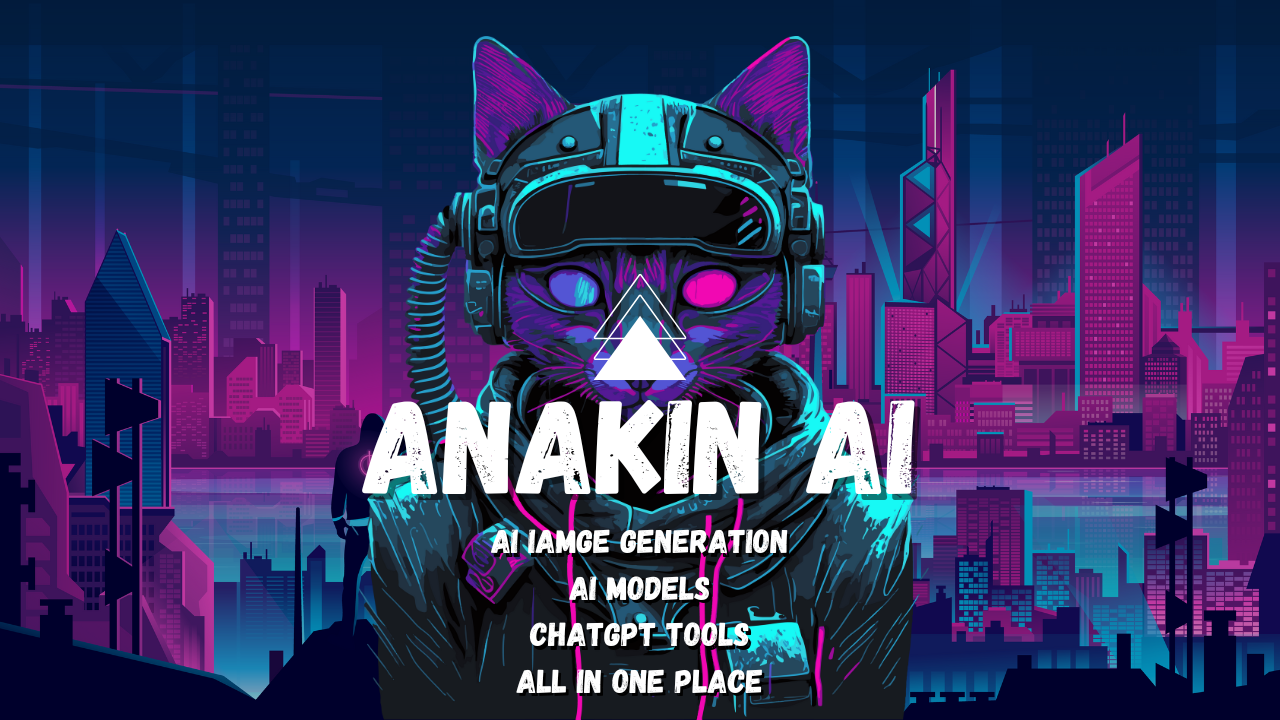India Walks Back on AI Regulations, Embracing a Pro-Innovation Approach
Published on

In a significant shift, India has revised its stance on artificial intelligence (AI) regulation, moving away from a plan that would have required tech firms to obtain government approval before launching or deploying AI models in the market. The decision comes after the initial advisory, issued on March 1, faced severe criticism from both local and international entrepreneurs and investors, who argued that such stringent regulations would stifle innovation and hinder India's ability to compete in the global AI race.
The updated advisory, released by the Ministry of Electronics and Information Technology (MeitY) on March 15, no longer mandates prior government approval for AI model launches. Instead, it advises firms to label under-tested and unreliable AI models to inform users of their potential fallibility or unreliability. This revised approach demonstrates the government's willingness to listen to industry concerns and adapt its policies to foster a more innovation-friendly environment.
Striking a Balance Between Innovation and Responsibility
India's revised AI advisory reflects a delicate balance between promoting AI innovation and ensuring the responsible development and deployment of AI technologies. By moving away from a permission-based system and adopting a labeling approach, the government aims to encourage transparency and user awareness without imposing excessive regulatory burdens on companies, particularly startups.
The updated advisory emphasizes that AI models should not be used to share content that is unlawful under Indian law and should not permit bias, discrimination, or threats to the integrity of the electoral process. It also advises intermediaries to use "consent popups" or similar mechanisms to explicitly inform users about the potential unreliability of AI-generated output.
Addressing Concerns Over Deepfakes and Misinformation
One of the key focus areas of India's AI regulation is combating the spread of deepfakes and misinformation. The revised advisory retains MeitY's emphasis on ensuring that all deepfakes and misinformation are easily identifiable. It advises intermediaries to label or embed AI-generated content with unique metadata or identifiers, making it easier to distinguish from authentic content.
Furthermore, the advisory requires that if any changes are made to AI-generated content by a user, the metadata should be configured to enable identification of the user or computer resource responsible for the modification. This measure aims to enhance accountability and traceability in the event of misuse or manipulation of AI-generated content.
Navigating the Evolving AI Regulatory Landscape
India's shift in its approach to AI regulation underscores the challenges and complexities involved in governing this rapidly evolving technology. As AI continues to advance and permeate various sectors of society, policymakers must strike a delicate balance between fostering innovation, protecting user rights, and mitigating potential risks.
While the revised advisory provides some clarity on the government's expectations for AI development and deployment, there remain areas of ambiguity that will need to be addressed through further dialogue between policymakers, industry stakeholders, and civil society. Key issues such as data protection, algorithmic bias, and the ethical implications of AI will require ongoing collaboration and engagement to develop robust and adaptive regulatory frameworks.
The Road Ahead for AI Regulation in India
India's experience with AI regulation serves as a valuable case study for other countries grappling with similar challenges. As the global AI landscape continues to evolve, it is crucial for policymakers to remain agile and responsive to the needs and concerns of both industry and society.
Moving forward, India's approach to AI regulation is likely to be shaped by a combination of factors, including domestic priorities, international best practices, and the evolving capabilities of AI technologies. By fostering a collaborative and inclusive dialogue among stakeholders, India has the opportunity to develop a regulatory framework that promotes responsible AI innovation while safeguarding the rights and interests of its citizens.
As India continues to refine its AI policies, it is essential for the government to provide clear guidance and support to companies, particularly startups and small businesses, to help them navigate the regulatory landscape and comply with the revised advisory. This may include offering educational resources, technical assistance, and forums for ongoing dialogue and feedback.
Conclusion: Embracing the Future of AI with Responsibility and Foresight
India's revised AI advisory marks a significant step in the country's journey towards responsible AI development and deployment. By moving away from a permission-based system and adopting a more flexible, innovation-friendly approach, the government has demonstrated its commitment to fostering a thriving AI ecosystem while ensuring the protection of user rights and the integrity of the digital space.
As AI continues to transform industries and shape the future of work, it is crucial for policymakers, industry leaders, and civil society to collaborate in developing robust and adaptive regulatory frameworks that can keep pace with the rapid advancements in AI technology. India's experience serves as a valuable lesson for other countries seeking to strike a balance between innovation and responsibility in the age of AI.
By embracing a pro-innovation approach while prioritizing transparency, accountability, and user protection, India is positioning itself as a leader in the global AI landscape. As the country continues to refine its policies and engage with stakeholders, it has the potential to set a powerful example for the responsible development and deployment of AI technologies, paving the way for a future in which the benefits of AI are harnessed for the greater good of society.
